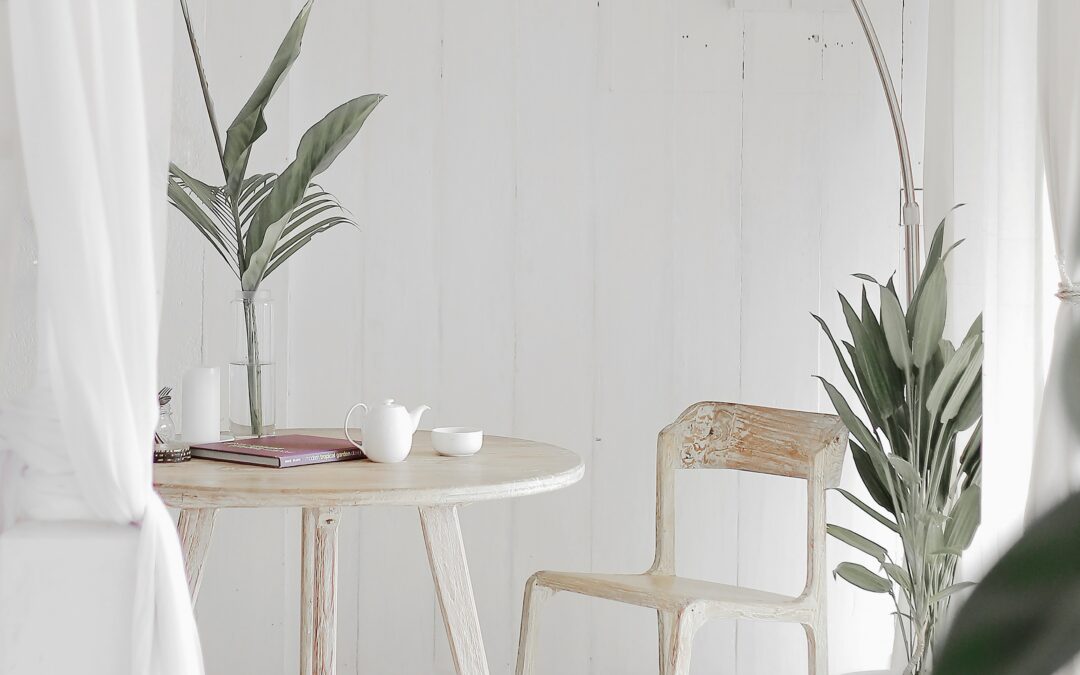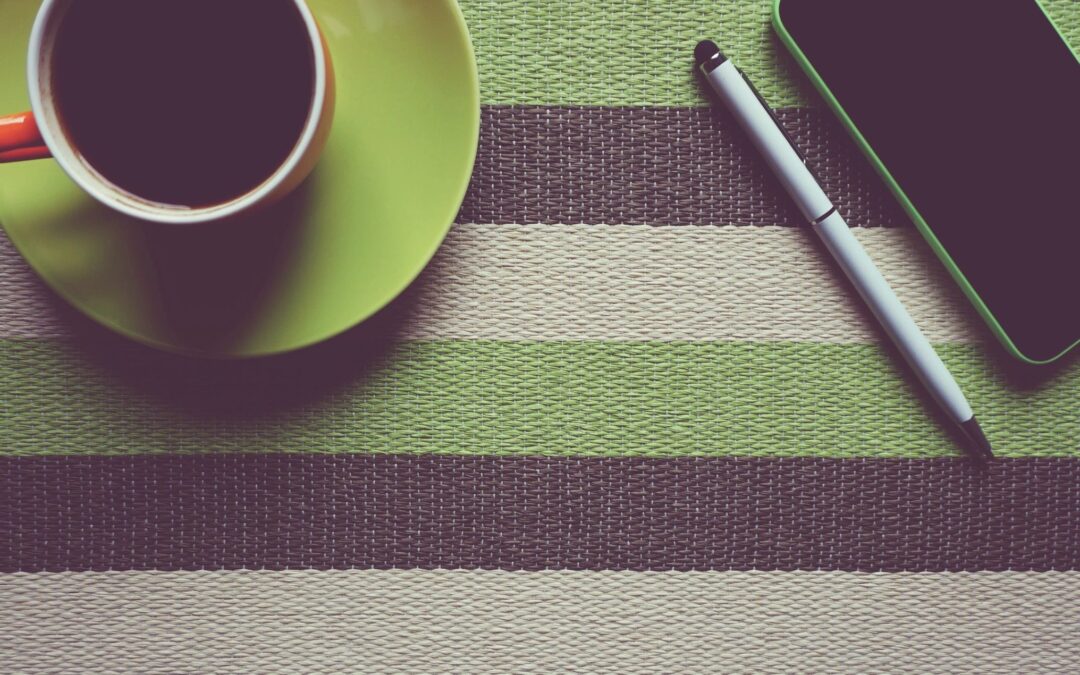In Feng Shui, the direction your head points while you sleep is believed to significantly influence your health, energy, and overall well-being by aligning you with the flow of “chi” (life force energy) and the Earth’s magnetic fields.
Here’s a general breakdown of the most commonly recommended directions and why they are considered good for health:
The Best Feng Shui Head Direction for Health: South
Many Feng Shui practitioners consider sleeping with your head pointing South as the most beneficial direction for overall health and deep, restorative sleep.
Why it’s Good:
- Alignment with Earth’s Magnetic Field: The primary theory behind this recommendation is related to the Earth’s magnetic field.
Your head is considered the “North Pole” of your body’s magnetic field. When you sleep with your head pointing South, your body’s “North Pole” aligns with the Earth’s magnetic “South Pole” (opposites attract). This is believed to create a harmonious flow of energy, drawing energy into your body rather than out. - Promotes Deep Sleep: This alignment is said to promote deeper, more restful, and sound sleep, which is fundamental for physical healing, mental clarity, and immune system strength.
- Increased Vitality and Energy: By receiving a harmonious flow of chi, you are believed to wake up feeling more refreshed, energized, and vibrant, contributing directly to your overall health and vitality throughout the day.
- Longevity and Prosperity: Some traditions also link this direction to promoting longevity, good fortune, and prosperity, as healthy individuals are better positioned to pursue these goals.
Other Auspicious Directions (and those to avoid):
- East: Sleeping with your head facing East is also considered beneficial, particularly for young people, students, and those seeking growth, new beginnings, clarity, and intellectual pursuits.
It’s associated with the rising sun, symbolizing renewed energy and learning. - North: This is often considered the least ideal direction for sleeping in many Feng Shui and Vastu traditions. The reasoning is that aligning your body’s “North Pole” (head) with the Earth’s “North Pole” can lead to a repellent effect, potentially disrupting blood circulation, causing restlessness, insomnia, headaches, and even draining energy. (However, some specific schools or individual Kua number readings might suggest North for specific reasons, often for older or very ill individuals seeking stillness, but generally, it’s advised against for vibrant health).
- West: Sleeping with your head facing West is sometimes associated with contentment and slowing down, but can also lead to laziness or a lack of ambition. It’s generally not the top recommendation for optimal health or strong career drive.
Important Considerations Beyond Direction:
While head direction is a key element, remember that Feng Shui for a healthy bedroom is holistic. Other crucial factors include:
- Commanding Position: Your bed should be placed against a solid wall, allowing you to see the bedroom door without being directly in line with it. This gives a sense of security and control.
- No Clutter: A clean, organized, and clutter-free bedroom is paramount for good chi flow and a calm mind, directly impacting your sleep and health.
- No Electronics: Keep electronic devices (TVs, phones, laptops) out of the bedroom, as their electromagnetic fields (EMFs) can disrupt sleep.
- Solid Headboard: A solid, sturdy headboard provides support and stability for your head and back.
- Avoid Mirrors Facing the Bed: Mirrors facing the bed are believed to bounce energy around, leading to restless sleep.
- Good Air Quality and Natural Light: Ensure fresh air circulation and maximize natural light during the day, while keeping the room dark and quiet at night.
Ultimately, while the South is generally the most recommended direction for health in Feng Shui, the most important thing is to experiment and see what feels best for you and consistently promotes restful, restorative sleep.

Decluttering Your Home
In Feng Shui, decluttering is not just a chore; it's considered the most fundamental and crucial step to creating a harmonious and auspicious living environment. It's the absolute prerequisite for any other Feng Shui principles to truly take effect. Here's why...

Color Harmony
In Feng Shui, color harmony isn't just about what looks good; it's about how colors interact to influence the flow of chi (energy) and create specific effects on our well-being. The rules for color harmony are deeply intertwined with the Five Elements theory (Wood,...

How To Create a Peaceful And Productive Atmosphere At Home
Creating a peaceful and productive atmosphere at home with Feng Shui is all about optimizing the flow of "chi" (life force energy) and balancing the five elements (Wood, Fire, Earth, Metal, Water) to support your well-being. It's about designing your space to feel...

How To Use Gold Items In Your House To Attract Good Feng Shui
By thoughtfully incorporating gold items into your home like gold votive candle holders (amazon link), you can enhance the Feng Shui and create a more prosperous and auspicious environment. Remember to observe how these changes make you feel and adjust as needed to create a harmonious space.

Using Colors To Attract Good Feng Shui
In Feng Shui, color is a powerful tool that can be used to influence the energy, or "Chi," in your environment and attract specific qualities into your life. Each color is associated with one of the Five Elements (Wood, Fire, Earth, Metal, and Water), and...

Tips For Health
Here are some Feng Shui tips to promote good health in your home: 1. Declutter Ruthlessly: Remove stagnant energy: Clutter obstructs the flow of "Chi" (life force energy), leading to stagnation and potential health issues. Clear out anything broken, unused, or...

Tips For Love
Here are some Feng Shui tips to attract love into your life: 1. Declutter and Create Space: Clear physical clutter: Remove anything broken, unused, or unwanted, especially in your bedroom and the love corner of your home. Clutter represents stagnant energy that can...

Tips For Wealth
How To Build Wealth With Fung Shui using tips from the feng shui place

